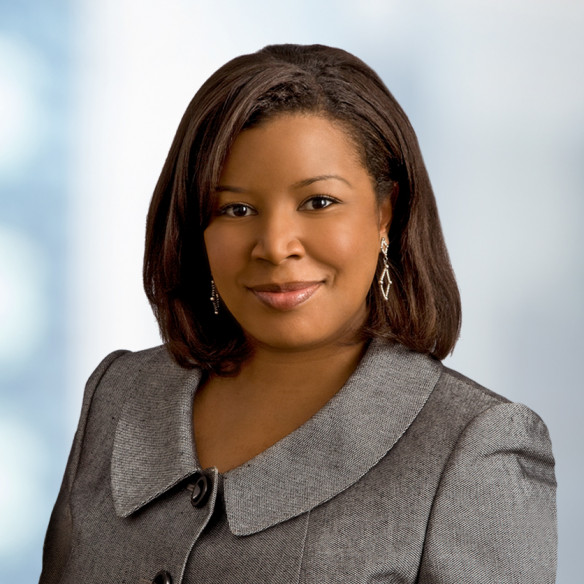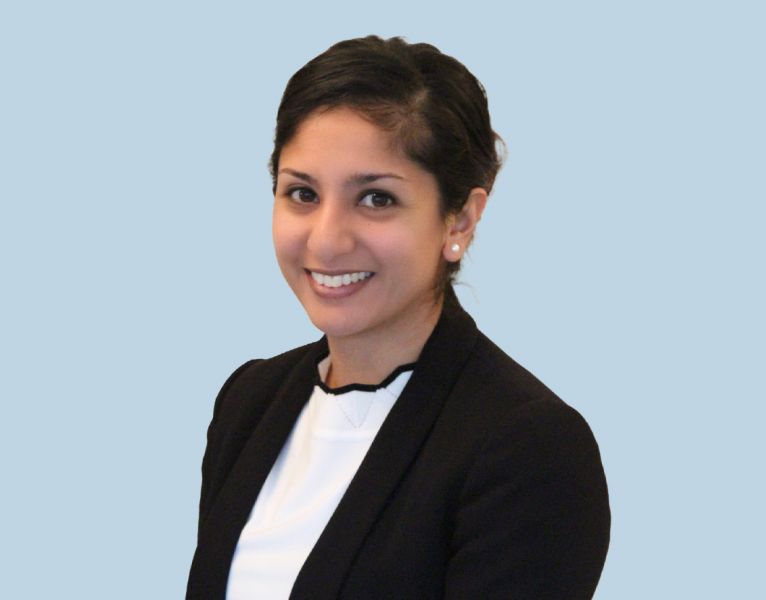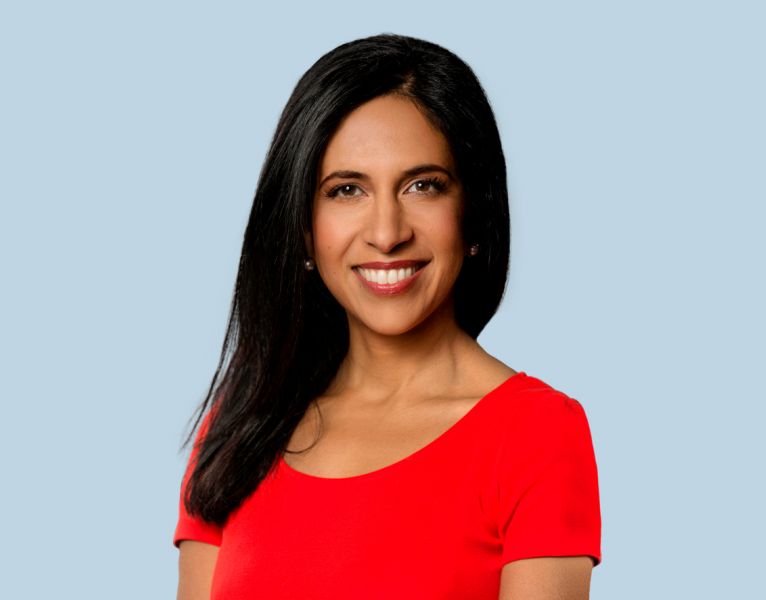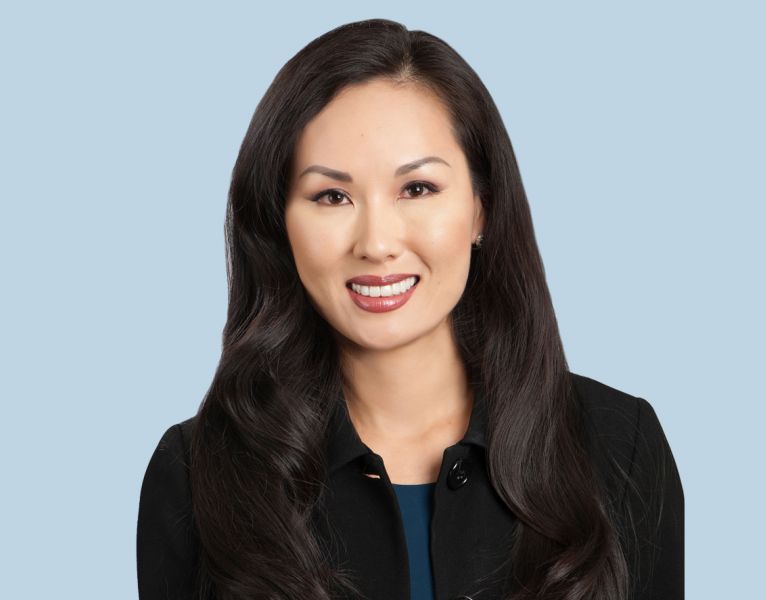Keisha-Ann G. Gray is a trial lawyer who has secured significant victories in federal and state courts for organizations facing “bet the company” and reputational risk claims. She is also the go-to advisor when addressing issues related to discrimination, harassment and/or lack of diversity. Keisha-Ann is also a mentor both inside and outside the Firm, helping junior female lawyers and junior lawyers of color.
With 20+ years in practice, Keisha-Ann frequently speaks and trains on employment matters such as litigation/trial practice, conducting effective investigations (the trauma-based approach), Diversity, Equity & Inclusion, and Anti-Discrimination/Anti-Harassment. Her “real talk” style of delivery provides clients with actionable and practical best practice solutions to today’s most challenging workplace issues.
Keisha-Ann previously served as an Assistant United States Attorney in the Eastern District of New York and federal law clerk in the U.S. District Court for the District of Puerto Rico. Active in the community, she was recently appointed to the New York City Mayor’s Advisory Committee on the Judiciary (MACJ) by Chief Judge of the New York Court of Appeals. She serves on the Board of the Attorney Grievance Committee for the NY Supreme Court Appellate Division, 1st Judicial Dept., co-chairs the Federal Bar Council’s Employment Litigation Committee.
Read below for excerpts transcribed from our in-person interview with Keisha-Ann.
What is the most important piece of advice you've ever received?
Keisha-Ann G. Gray: The most important piece of advice I have ever received came from my grandmother – she told me “Keisha-Ann, nobody is better than you, therefore be yourself, be authentic.” Coupled with that advice was the affirmation that “I am the best.” It doesn't mean that I'm better than anyone else, but it means that I am worthy and that I am as good, if not better, than anything that I set my mind and my heart to. No one can be you and you can't be anyone else. Own your truth and be confident in displaying that to the world.
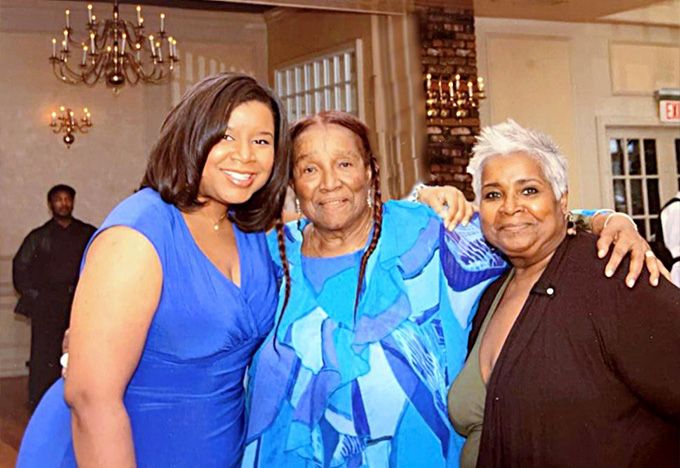
That is such incredible wisdom. Yet, so hard sometimes, right?
Keisha-Ann: It's a challenge every day, especially for women to own it, to truly believe it, to truly ingest it. It's a challenge for anyone who has not had the benefit of being able to routinely see images of themselves portrayed in leadership.
Tell us about your grandmother and how she came to you with this advice.
Keisha-Ann: I was young. It’s one of the most fundamental and earliest pieces of affirmation advice that I have gotten that I can remember. And she consistently reiterated it to me throughout my life. I think she understood that that would be needed, given her life experiences. She was born in 1931 and immigrated to this country from Jamaica. I know she understood the challenges I would face and felt that it was important to consistently reiterate it to me from the time that I was young, which is what I'm trying to do with my daughters, and all the way through law school through practicing at the U.S. Attorney's Office through Proskauer.
I'm picturing the beautiful lineage that you have of strong women in your family - your grandmother, your mother, you, and then your girls. What is your way of passing that same advice onto your girls?
Keisha-Ann: Every night I give them all the wonderful adjectives that describe them: you're awesome, you're amazing, you're smart, you're kind, you're thoughtful, you're creative.
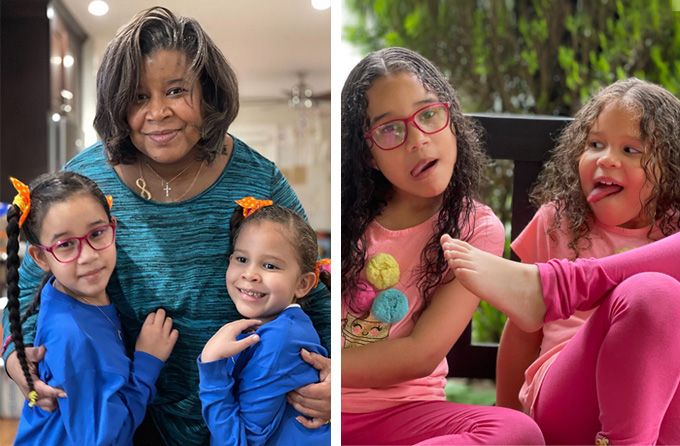
Who inspired you to pursue a career in law?
Keisha-Ann: My mother inspired me to pursue a career in law. My mother is a criminal defense attorney and a barrister. She was trained in England at Lincoln's Inn. She left her home country of Jamaica and went to England to study law in the 1960s. She did it at a time when there were really few people who looked like her at all. I grew up watching her do openings and closings and seeing her prepare for trial. She would sit me and my brothers down, even though we were little, and we would be her mock jury. She figured if she can explain it to us and we could get it, then she could explain it to the average juror. I saw how she just loved the profession itself. She did this for basically nothing because she worked for Legal Aid, so this is true love of the law versus doing it for monetary gain.
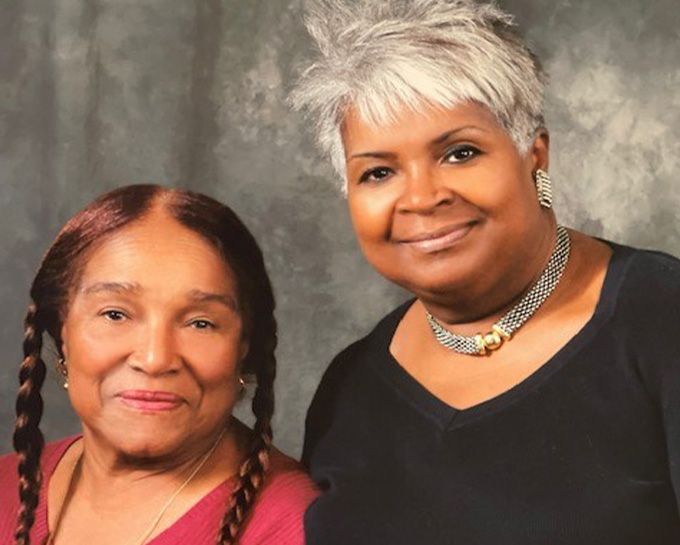
What do you love most about your career?
Keisha-Ann: I love being a voice for perspectives that historically have not been heard before in large corporations. When the organizations recognize the importance of the perspective that I can bring, based on my lived experiences and my expertise, they are more mindful, not just about their legal obligations but their humanitarian obligations, to really do the best they can to make working environments equitable and just and positive for all.
I also enjoy the trial practice because I love being able to bring strangers who have no concept of my client's business into my client's world and speak to them about the issues that my client is dealing with and the perspective of the case in a way that allows them to see it through the eyes of my client. I look at the jury pool and try to understand what makes each juror tick, understand what I need to say and how I need to present in order to meet them where they are. People are people and so they have to identify with something that they can grab onto.
What are the most important aspects to business development?
Keisha-Ann: I grew up with a certain concept of what it took to gain business, which led me to try to fit the mold of everyone who came before me, and that didn't work. What worked for me, and what has been working for me and what sets me apart in my business development, is being honest with clients about who I am. I open myself up to them through my lived experiences and give them a full perspective of my mindset when I think about cases, which will always be influenced by my lived experiences, especially in the area where I occupy – discrimination and harassment law. I found that when I have those real talk conversations with clients about who I am as a counselor, they're very receptive because they want to know who they're trusting with some of the most sensitive, confidential, and often embarrassing issues. They do not want the package-box lawyer.
I am a single mother. I have daughters. Those additional things influence how I view issues that they're dealing with, because I can often see it through the eyes of the potential plaintiff. I can help resolve their matter without having to go to trial. All parties will feel and know that their perspective is at least being seen and acknowledged because I'm in the room. I've had opposing counsel tell me that we were able to resolve this because I was in the room.
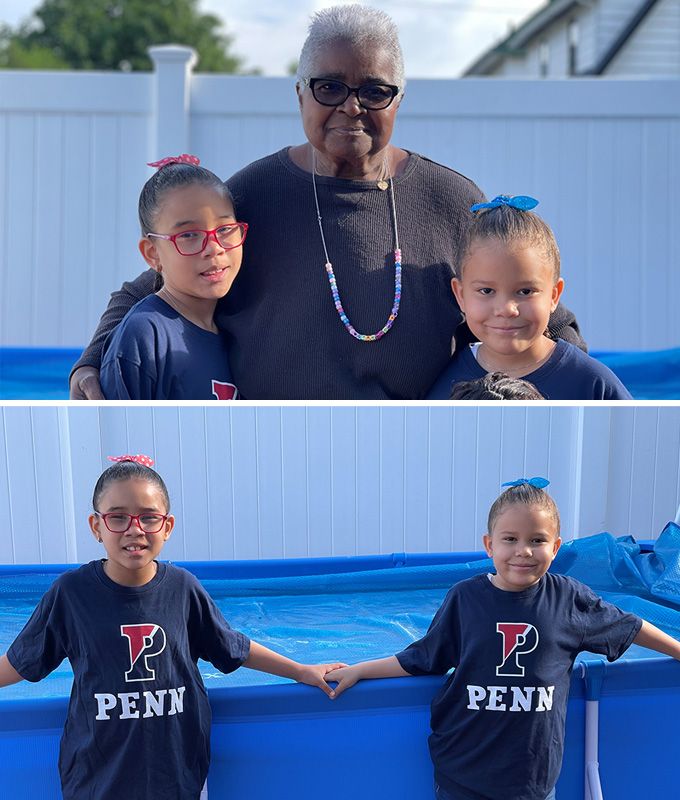
What advice would you give to the next generation of women considering practicing law?
Keisha-Ann: Choose an area of law that is of true interest to you. It’s not an easy profession, so to become really good at it you're going to have to dedicate time and energy and make sacrifices. It's very difficult to do that for an area of law that you have no real interest in, even if it's more lucrative. Again, it is about being authentic to yourself. You want to think about the attributes of law that you might be interested in. Make sure that to the best of your ability you can get all of your boxes checked as to gaining experience within the profession. It is a positive thing to be a clerk. You learn from the most seasoned of lawyers clerking with a judge. It is a positive thing to work with the government. I came from the U.S. Attorney's Office. It gives you another invaluable area of experience in that you are usually going to be the first tier of matters at an earlier stage of your career, building your confidence which is critically important, especially for women in the profession. You’re going to really be able to learn without the stress of a billable hour so you are able to make mistakes and actually find your voice and evolve into the attorney that you want to be.
It is a positive thing to work at a firm. Consider a firm where you are working with diverse clients in your area of expertise, allowing you to touch many different industries. You can do all three and then also go in-house if you strategize the attributes that will put you in a position where you can really write your ticket.
What advice would you give a junior lawyer on how to develop client relationships?
Keisha-Ann: One is networking. Getting involved in various bar associations. I don't mean just joining it, I mean getting involved by volunteering to assist and apprentice. Look at where you are currently working. If it’s a firm, look at those in your firm who are developing business. Usually, they're developing business because they're speaking on panels. You can learn from the apprenticeship how to get business.
How would you describe a major aspect of your life’s purpose?
Keisha-Ann: To get people to open up, connect and trust – trust that the information they're sharing is respected. It might not be agreed with, but it's respected. Trust the process altogether. Help them find the voice to describe it in a way that is going to make them vulnerable to perfect strangers. I speak my truth openly and publicly. It’s about being a conduit to help someone do that, and that's what I am.



